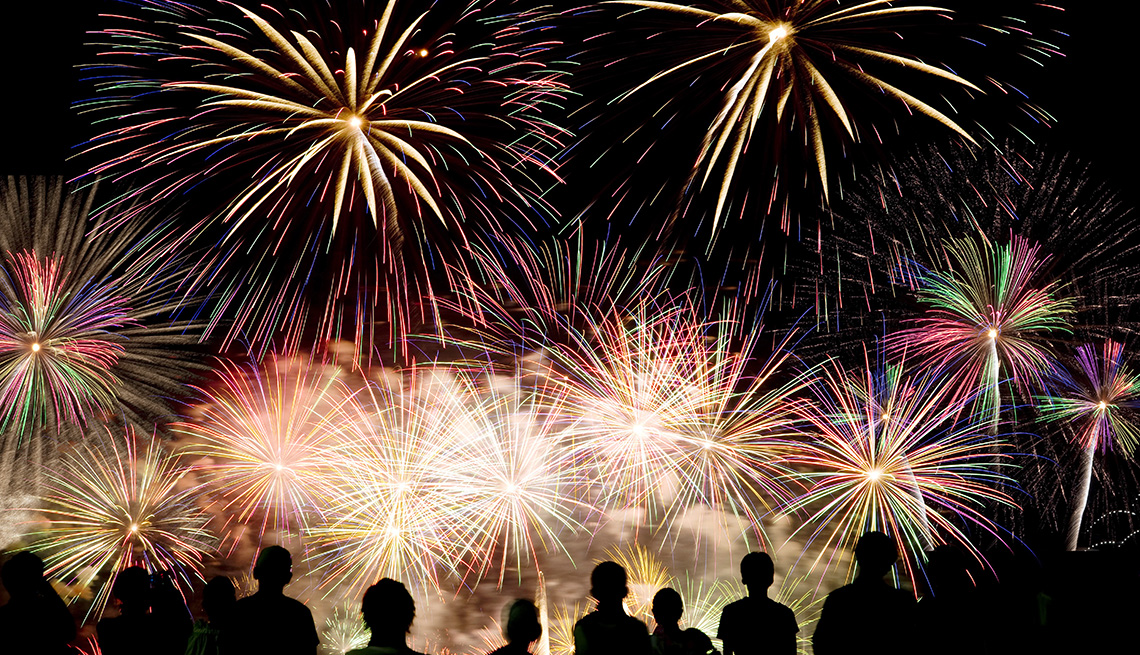How Veterans With PTSD Can Cope on the Fourth of July
- Select a language for the TTS:
- UK English Female
- UK English Male
- US English Female
- US English Male
- Australian Female
- Australian Male
- Language selected: (auto detect) - EN

Play all audios:

By
Aaron Kassraie,
AARP En español Published June 22, 2022Most Americans look forward to getting together to enjoy the sights and sounds of fireworks on July 4. But for veterans struggling with post-traumatic stress disorder (PTSD), the traditional
holiday festivities can be far from welcome.
“For some veterans, the sound of fireworks can remind them of the sound of gunfire,” said psychiatrist Amit Etkin, a former Stanford University professor and CEO of Alto Neuroscience, a
clinical-stage biopharmaceutical company.
For those with PTSD, sensory memories like sounds, smells or even feelings in their gut may invoke reminders of trauma and cause symptoms to arise in a particular moment. As such, some
service members attempting to celebrate the country’s independence may feel extreme panic while fireworks go off because they may feel they are reliving a traumatic event.
Difficulties can go beyond the fireworks. PTSD sufferers may find that their anxiety goes up ahead of what Etkin calls an “anniversary event.” With respect to Independence Day, the
anticipation of big crowds and loud celebrations can fill a veteran with dread before the holiday even arrives.
“Everybody’s expecting to be around each other, and you know that it’s coming up. For somebody who’s been isolated, who has no support network, who may feel uncomfortable in crowds, it can
be a really dispiriting event that leads to an exacerbation of symptoms,” Etkin said.
In response, people grappling with PTSD may further isolate themselves to avoid being placed in an environment that’s out of their control and causing trepidation.